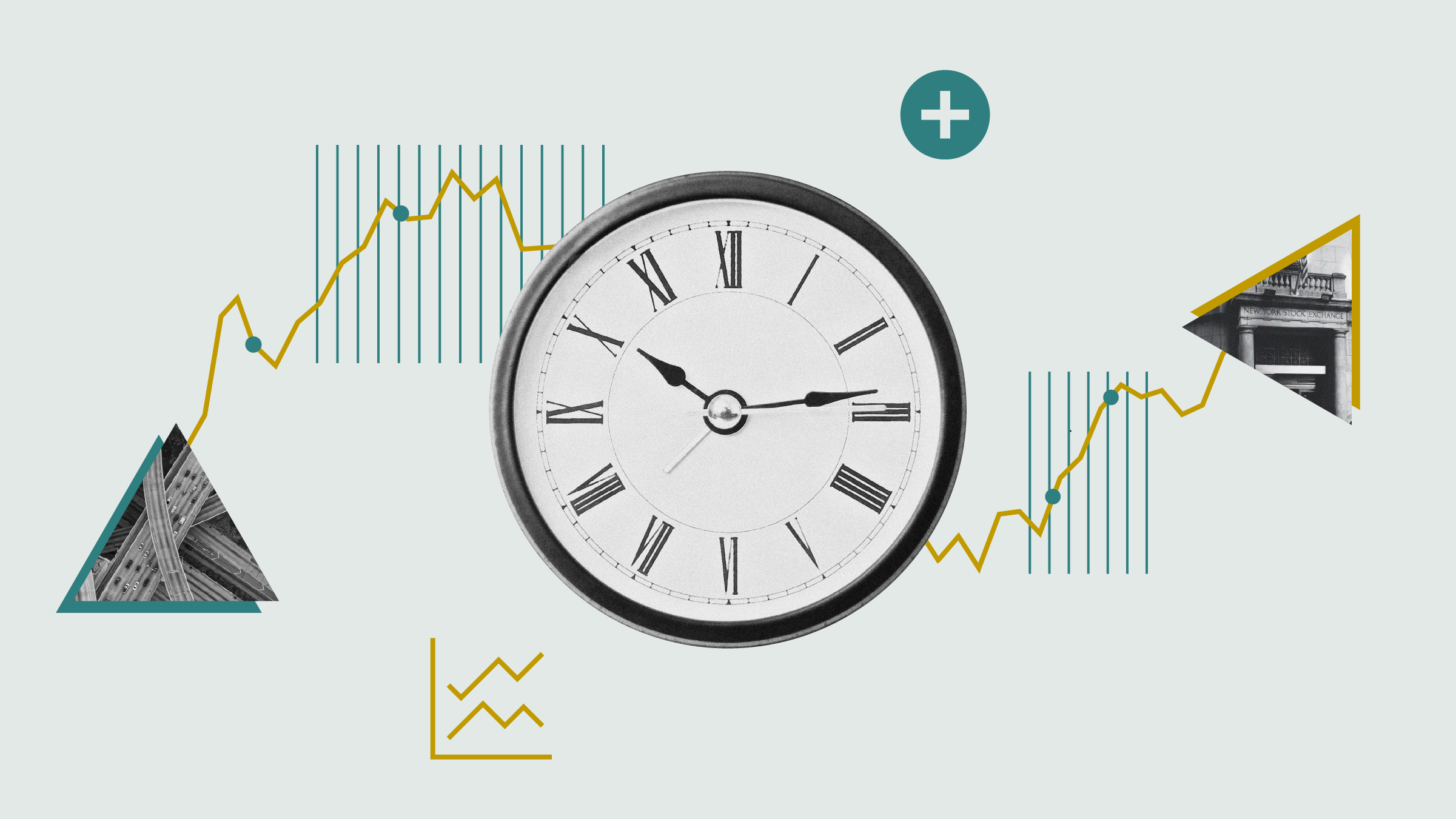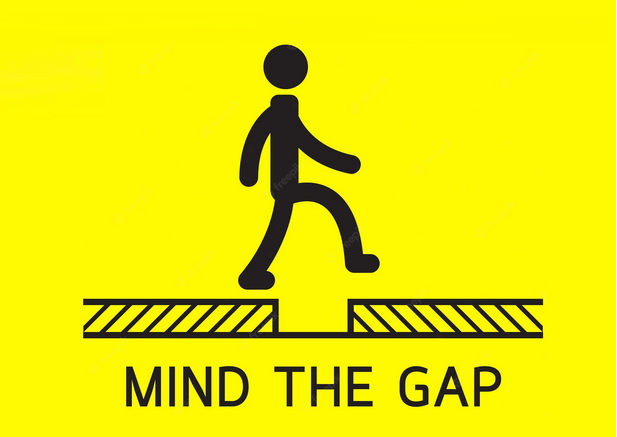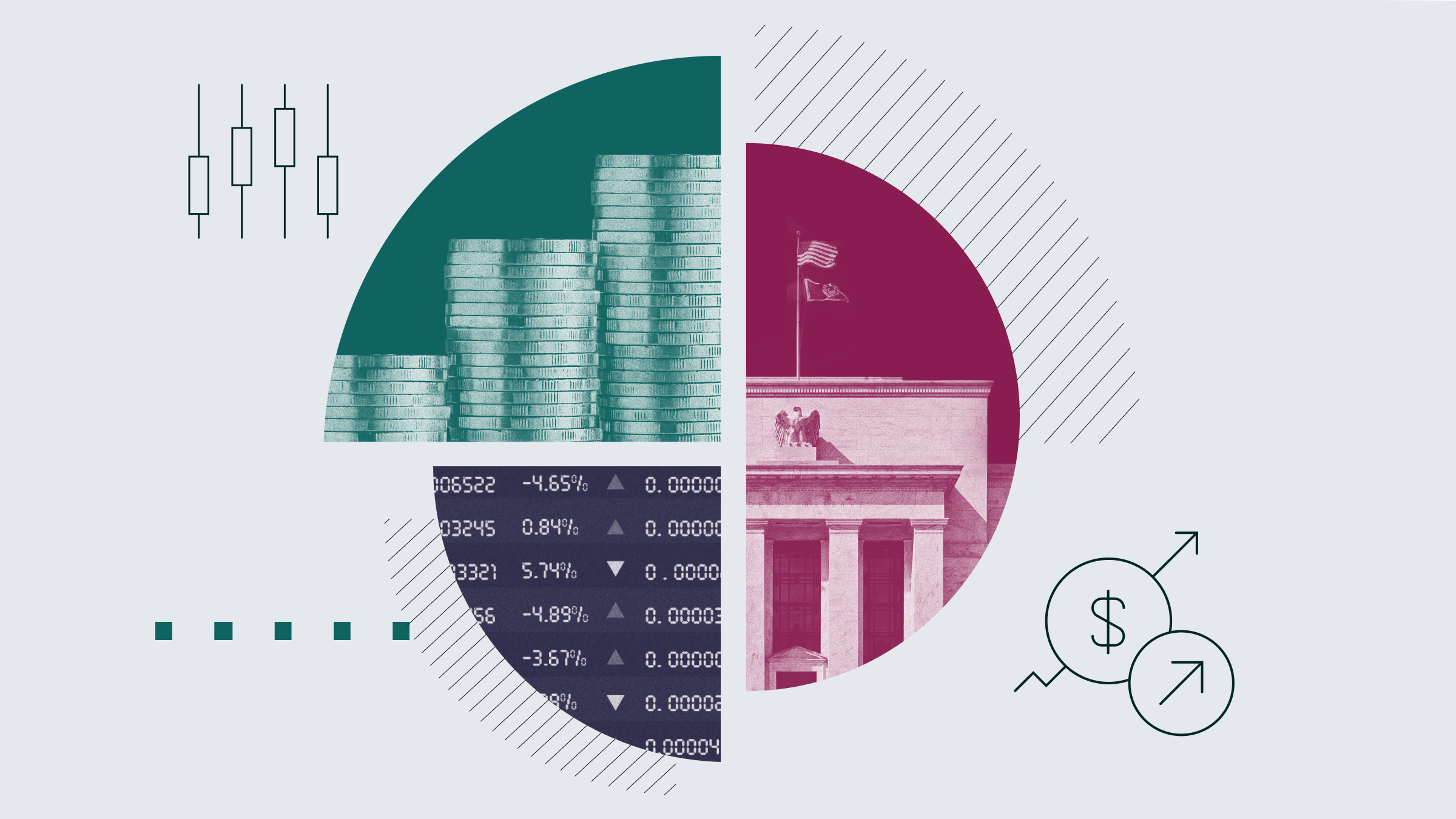Christine Benz: Hi, I'm Christine Benz for Morningstar.com. In a recent interview with Morningstar.com, Vanguard founder Jack Bogle suggested that equity-market returns as low as 4% could prevail over the next decade. Joining me to discuss what investors can do in the face of a low-return environment is Russ Kinnel--he is director of fund research for Morningstar.
Russ, thank you so much for being here.
Russ Kinnel: Good to be here.
Benz: Russ, Jack Bogle isn't alone. There have been other market prognosticators suggesting that investors should ratchet down their forward-looking equity expectations. What should investors do with predictions like this? How should they use them to inform their own portfolio plans?
Kinnel: I don't think you want to be too literal and assume that they are spot on. I think market forecasts are incredibly difficult. So, in cases like this, I don't think it's so important that you say, "A-ha, returns are going to be 4%." I think the better lesson from this is Bogle and others have made a good case that we might have low returns--4% or 5% or 6% annualized over the next decade. And of course, during a bear market, it feels even worse than that. So, what that tells me is make sure your plan can accommodate something like that. When you think about your retirement goals, make sure that it's a robust enough plan that if we do get 4%, that doesn't blow your plan out of the water.
Benz: And certainly, don't take returns from the past three and five years, which have been really quite good, and extrapolate them forward into the future.
Kinnel: That's right. Forecasts are bad, and the rearview mirror is even worse--we know that after a really good run, generally you are headed for a dry spell and vice versa. So, by all means, don't look at a fund's three- or five-year returns. This has been great period. It doesn't happen like that, generally.
Benz: So, in reality, when investors are doing their own planning, sometimes they are using calculators where they are asked to plug in their return expectations for their whole portfolio. What's a reasonable number? I know it depends on the composition of that portfolio; if I'm mainly in bonds, I can maybe use today's yields as a starting point. But what about if I have, say, a blended portfolio or a portfolio that's mostly equities? What sort of return expectation should I use?
Kinnel: I think I would want to try a few. I would try, say, 4% and 8%. And, as you say, on the bond side, you could use today's yields or something fairly modest. I think it's quite likely bond returns over the next few years will be pretty modest. With stocks, I think there is a much wider array of outcomes. So, I think it's worth trying a few different scenarios and understanding that it really is a hard thing to predict, and so it's worth asking, "What does that to do to my plan?"
Benz: Your major point here, though, is be conservative, and then if you need to make other tweaks, it's things that you're more in control of than the market's returns.
Kinnel: That's right. It's not that we know we are going to get 4%, but what might it look like if you have 4%? And then think about what are some of the potential things you can do about that, such as increasing your savings rate. Obviously, if you are a fairly young investor, you can start sooner or get serious sooner. Either of those will help to accommodate a lower-return environment.
Benz: How about my asset-allocation glide path? If return expectations are pretty modest for stocks and also for bonds, how should that inform how I allocate my portfolio?
Kinnel: Well, I think certainly after a number of years where we've had a great rally, you have to think that a bear market might happen. One simple thing is that you don't want to reach your retirement date and go to a screeching halt--make some drastic portfolio overhaul. If you look at the way target-date funds work and the way a lot of financial planners will work, you make very gradual, incremental changes, year on year, so that if we hit a bear market, it's not going to throw your whole plan off. I think what we saw in '08 was that people who were really upset and really felt hurt by that bear market were the people who were right around that retirement age and felt like it was a disaster; some of them were the ones who then sold all of their stocks and, unfortunately, didn't stick around for the rebound. So, I think that's one of the reasons you want to have a plan for smooth changes so that even a bear market won't throw you off. Even when you hit retirement, of course, you still have a 20-, 25-, or 30-year investment horizon.
Benz: So, even if you're not investing in a target-date fund, maybe look at the glide paths that they use as a way to inform how my own glide path should look as retirement approaches.
Kinnel: By all means. And you can see what target-date funds are telling you; sometimes there are some free bots out there that will give you an idea of what your plan should be. I think those are all generally pretty useful in giving you an idea of what your own plan should look like, even if you are doing it yourself.
Benz: How about for younger investors whose time horizons are much longer than the decade that Jack Bogle was talking about--people who have 20, 30, or 40 years to retirement?
Kinnel: It's possible that we'll have low returns for a while, but you want to stick with equities. I think we heard too many young investors say in '08 or '09, "This is a terrible deal--it's not worth it. We're being ripped off." And they missed out on a lot of good returns, and most people need some solid returns to get to their retirement goals. So, I would say if you are young, by all means, stay with equities; if you can, invest more so that you are really getting that snowball rolling earlier. The early investments just have enormous payoffs in the long run.
Benz: Russ, thank you so much for being here to share your insights.
Kinnel: You're welcome.
Benz: Thanks for watching. I'm Christine Benz for Morningstar.com.






















